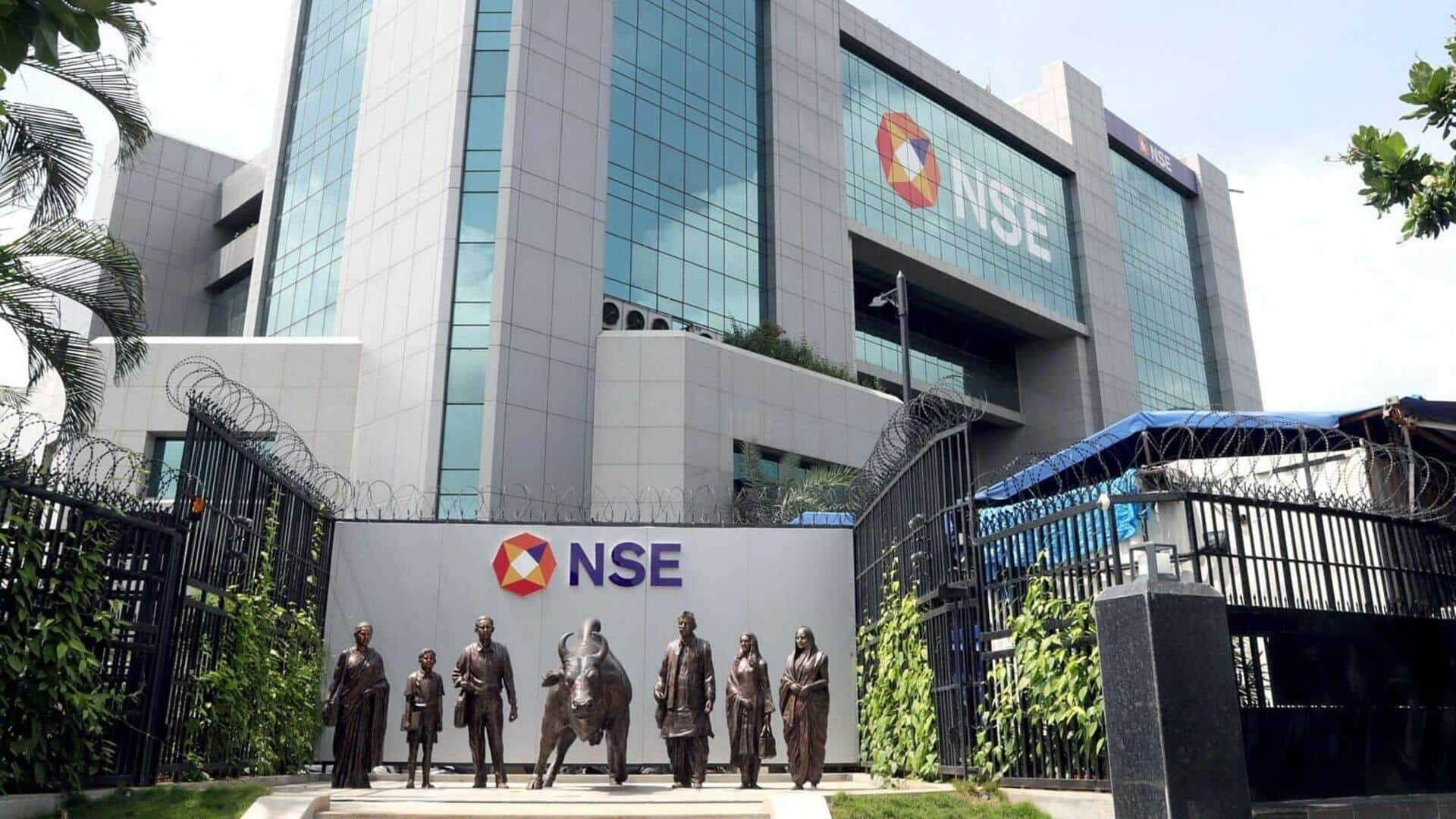
NSE IPO: Here's why India's largest exchange is going public
What's the story
The National Stock Exchange (NSE) plans to launch an initial public offering (IPO) not for the sake of share price discovery but to improve transparency and accountability, as per NSE's Chief Business Development Officer Sriram Krishnan. He said the exchange is valued at about ₹4.75 lakh crore in the unlisted market and as India's largest exchange, they should be accountable to the market.
IPO details
NSE's IPO journey and market capitalization
Krishnan clarified that the IPO isn't about price discovery since the exchange doesn't have a promoter, calling NSE a "quasi-commercial organization." The exchange, which has nearly 20,000 shareholders, is among the most sought-after in the unlisted market. Its shares are currently trading at around ₹2,000 per unit after a bonus issue in the ratio of 4:1.
Potential scale
NSE's IPO could be India's largest public issue
If NSE chooses to offload 10% equity in the IPO, it could be around ₹47,500 crore in size. This would make it India's biggest-ever public issue, beating Hyundai's record. The exchange is currently waiting for the Securities and Exchange Board of India (SEBI) to approve its plans. "Whenever the approval comes, we will go for the IPO," said Krishnan.
Past hurdles
NSE's IPO journey and financial performance
The road to NSE IPO has been long, ever since it filed its first draft red herring prospectus (DRHP) in 2016. This was owing to objections raised over the co-location scam, where some brokers unfairly benefited by getting faster access to NSE's systems, data, and trading facilities. However, SEBI paved the way for NSE IPO last month after dismissing the case against NSE and its officials due to lack of material evidence.
Financial growth
NSE's financial performance and future plans
In the September quarter, NSE's Q2 consolidated profit after tax jumped 57% YoY to ₹3,137 crore. The operating revenue also increased 24% YoY to ₹4,510 crore. Major shareholders in NSE include LIC (7.2%), Stock Holding Corporation (4.44%), SBI Capital Markets (4.33%), State Bank of India (3.23%), and Temasek Holdings (5%). Despite regulatory challenges in the derivatives market, the exchange is making headway in the commodities market with new contracts for non-agri commodities planned in the coming months.